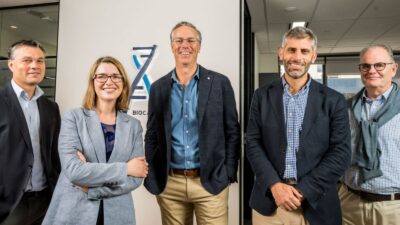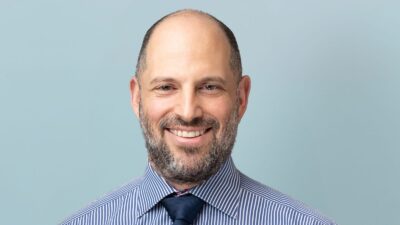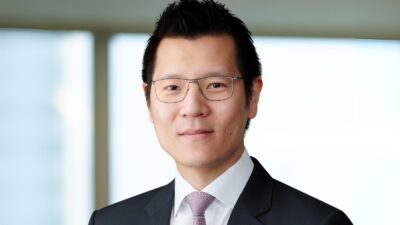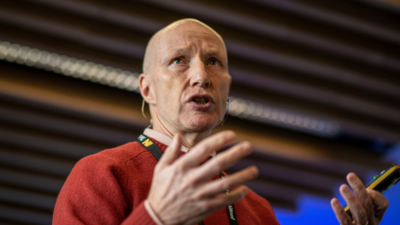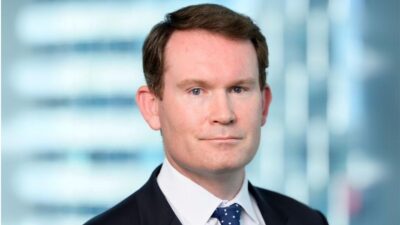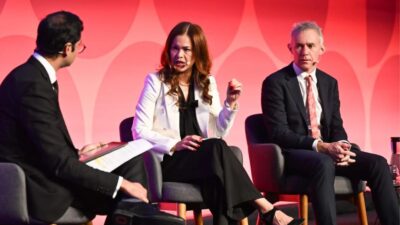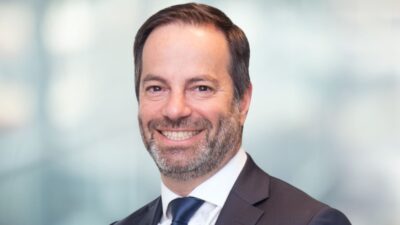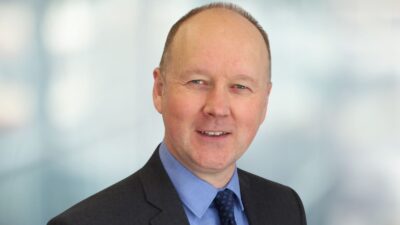-
Sort By
-
Newest
-
Newest
-
Oldest
-
All Categories
-
All Categories
-
Appointments
-
Custody
-
ESG
-
Funds Management
-
Super
Local biotech VC firm Brandon Capital has scored investments from a number of super funds and semi-sovereign investors as it looks to expand its international presence and its support for domestic startups.
Megafunds might be thought of as lumbering beasts of the ASX, but taking advantage of market dislocations means moving pretty quickly. “Size, scale and power” in manager relationships helps.
The big institutional investors that have thrown their weight behind the transition can’t get enough wind and solar. But that means a lot of money is now chasing a small chunk of global emissions, according to Kerogen Capital.
KPMG’s latest Super Insights report shows the future shape that the industry might take, with distinct cohorts of funds now emerging across size and service. But there’s little positive sentiment to be found about funds online.
It’s been one of the most disappointing regions in the world in terms of performance, but Pzena Investment Management thinks China’s bombed-out equity market presents “a real win opportunity”.
The $10 billion ethical investor is “actively exploring” opportunities in growing sectors like water, wants to invest more in private debt and expects new issuance of government green bonds as the asset class sees a resurgence of interest.
The chief of BNP Paribas’ local securities services division expects that the period of heated competition that followed the exit of NAB Asset Servicing will continue, with custody banks leveraging their offshore footprints and private markets capabilities in the fight for new business.
While Australian Retirement Trust thinks massive scale makes offshore investing a must, not every fund wants to join the jet set, and UniSuper thinks there’s still plenty of opportunities to be had at home.
The $34 billion super fund has appointed Northern Trust for asset servicing solutions, becoming the latest NAB Asset Servicing client to find a new home.
Equities are surging as asset allocators come to grips with the market environment and private markets are going backwards, according to bfinance, while fears of an ESG “backlash” appear overstated.
Forestry comes with high returns and low volatility, and also rises to the top of the real assets universe in terms of inflation protection and diversification. It doesn’t fret recessions much, either.
Active Super and Vision Super are now entering the home stretch of a drawn-out merger process that will create a new $29 billion fund with 170,000 member accounts.

